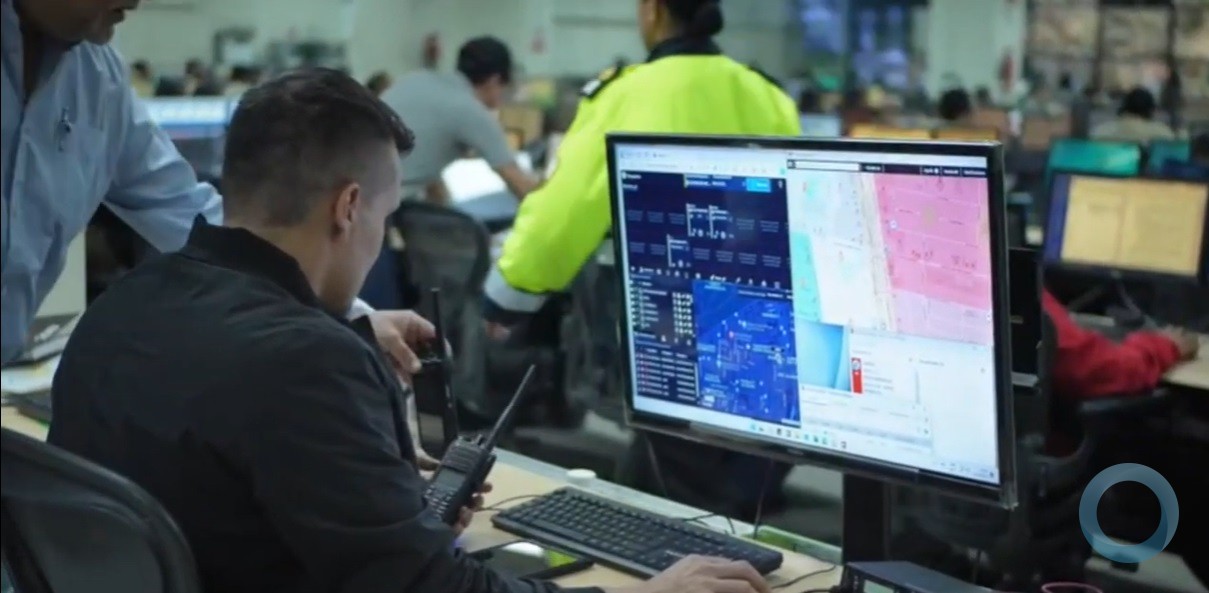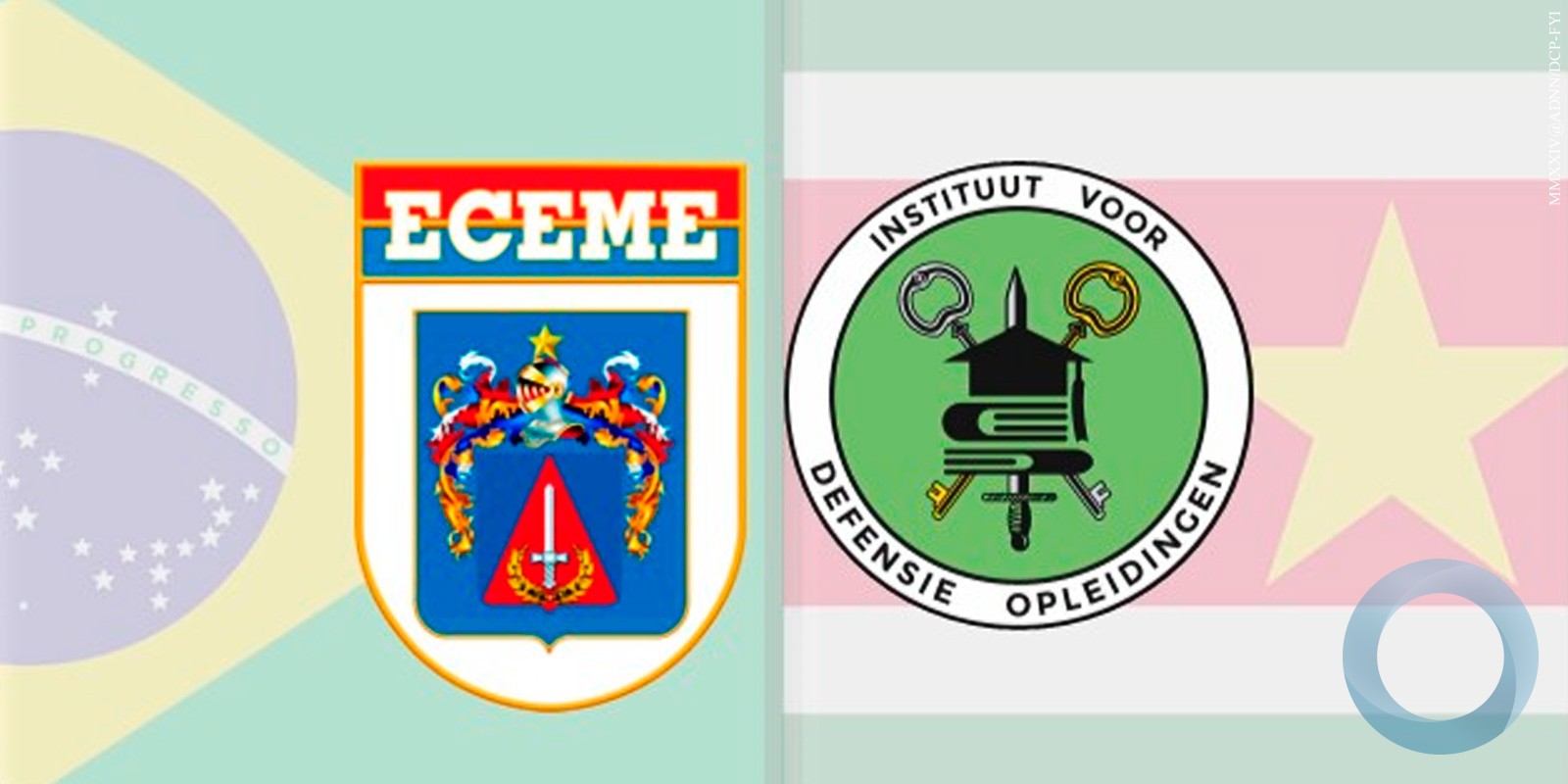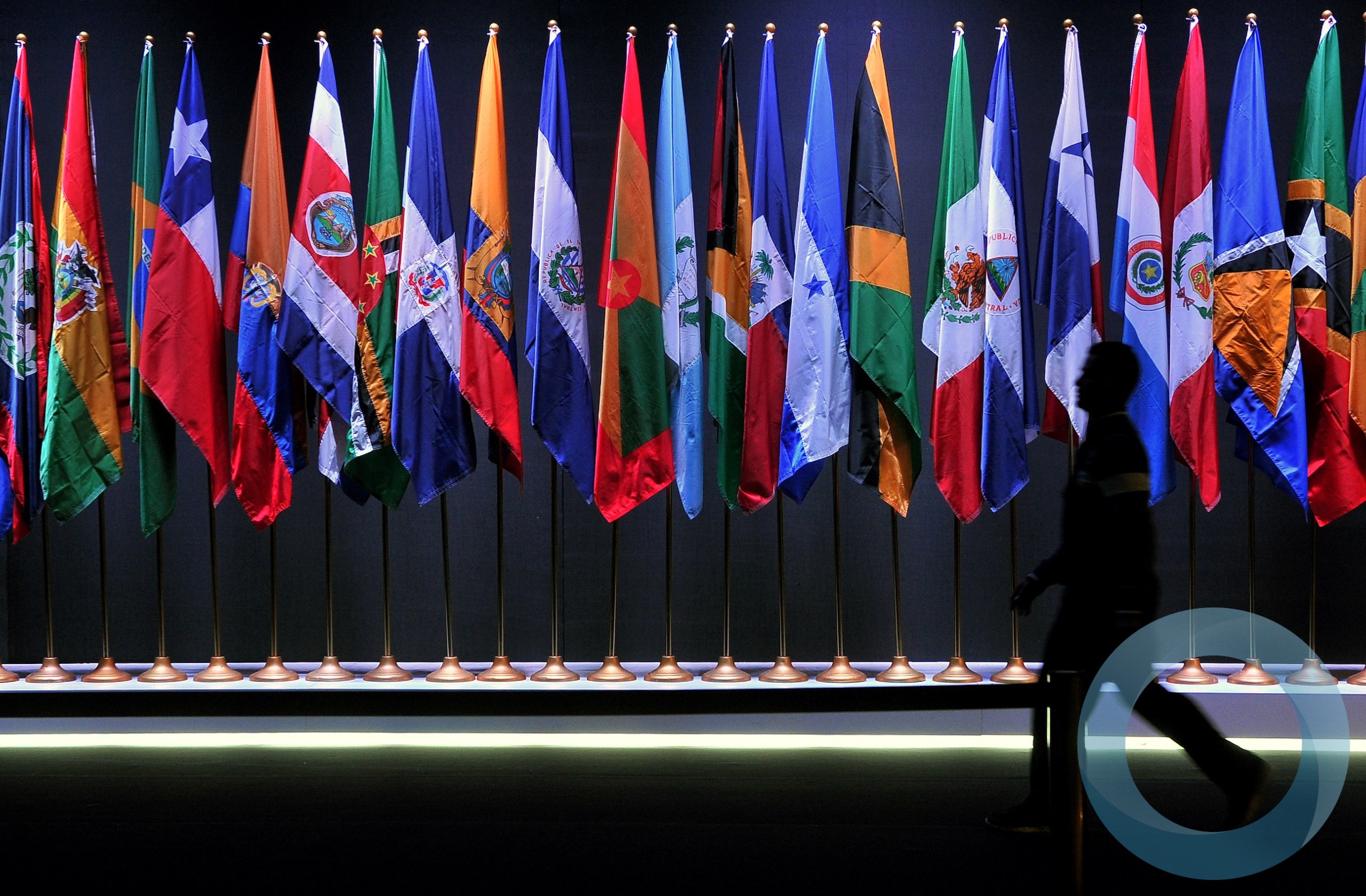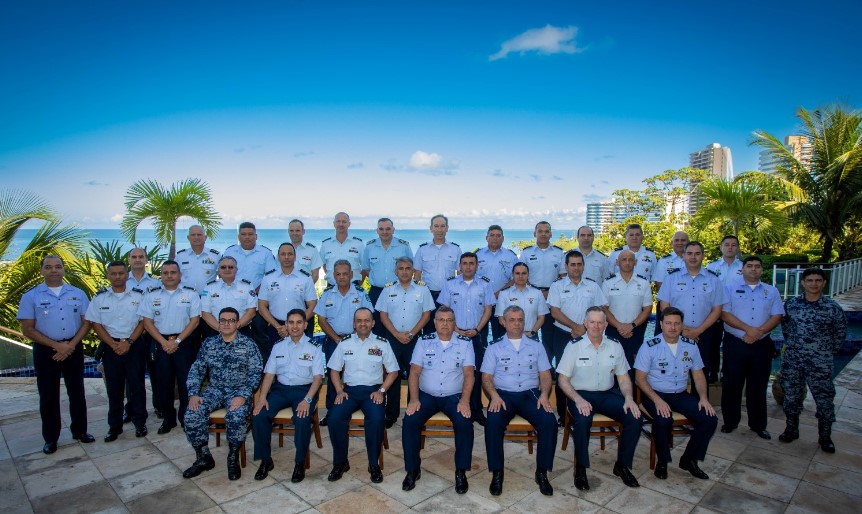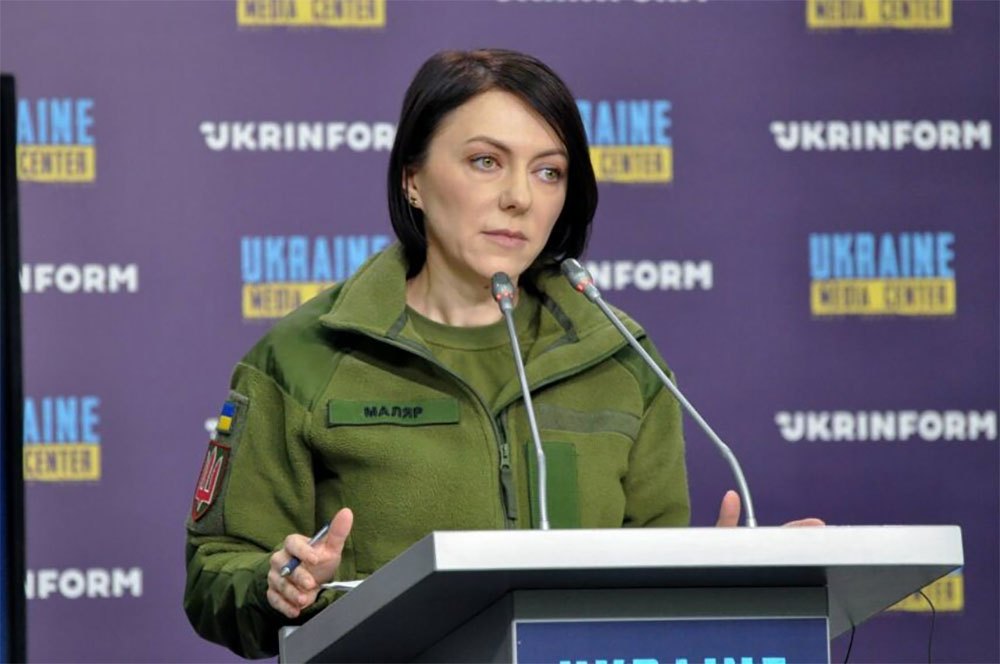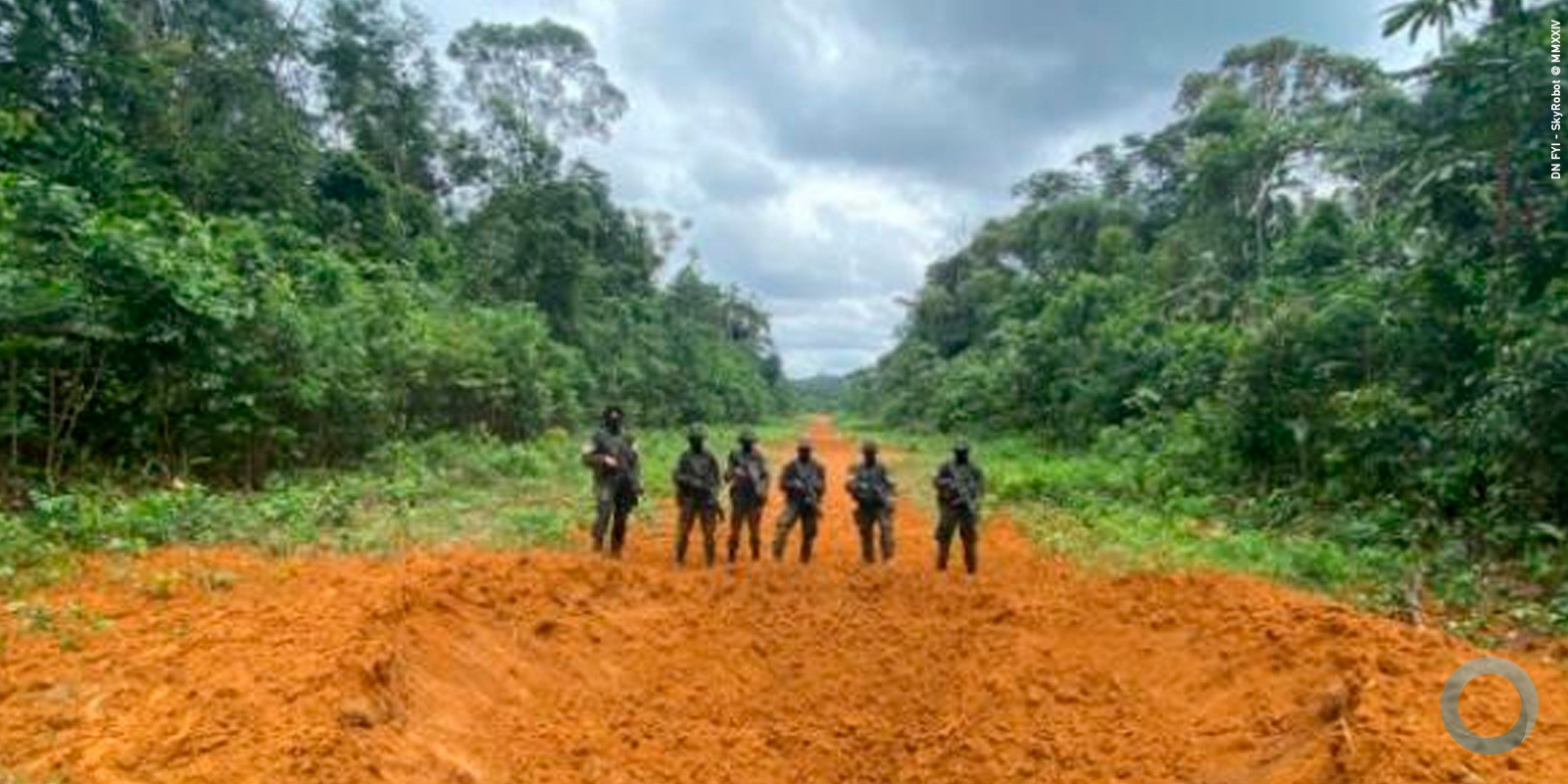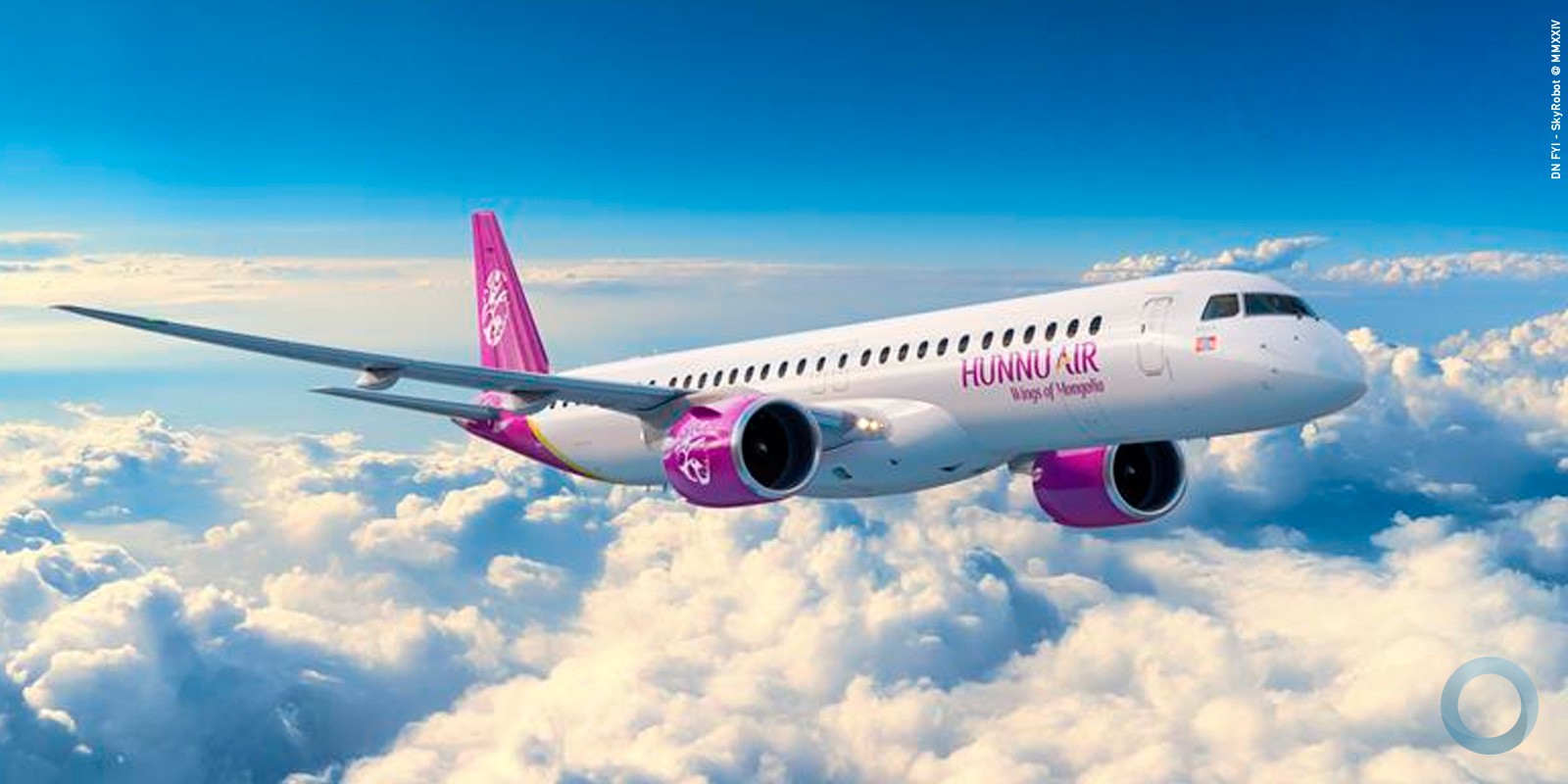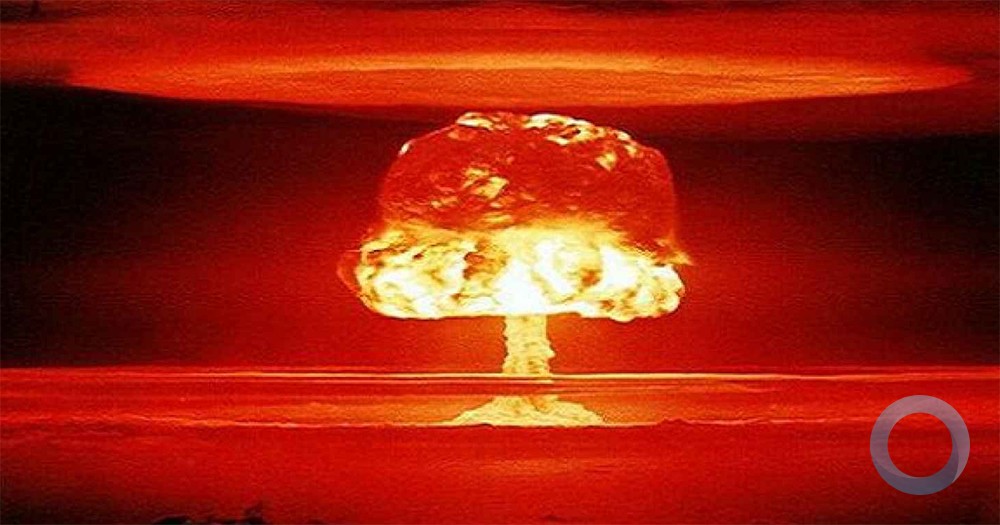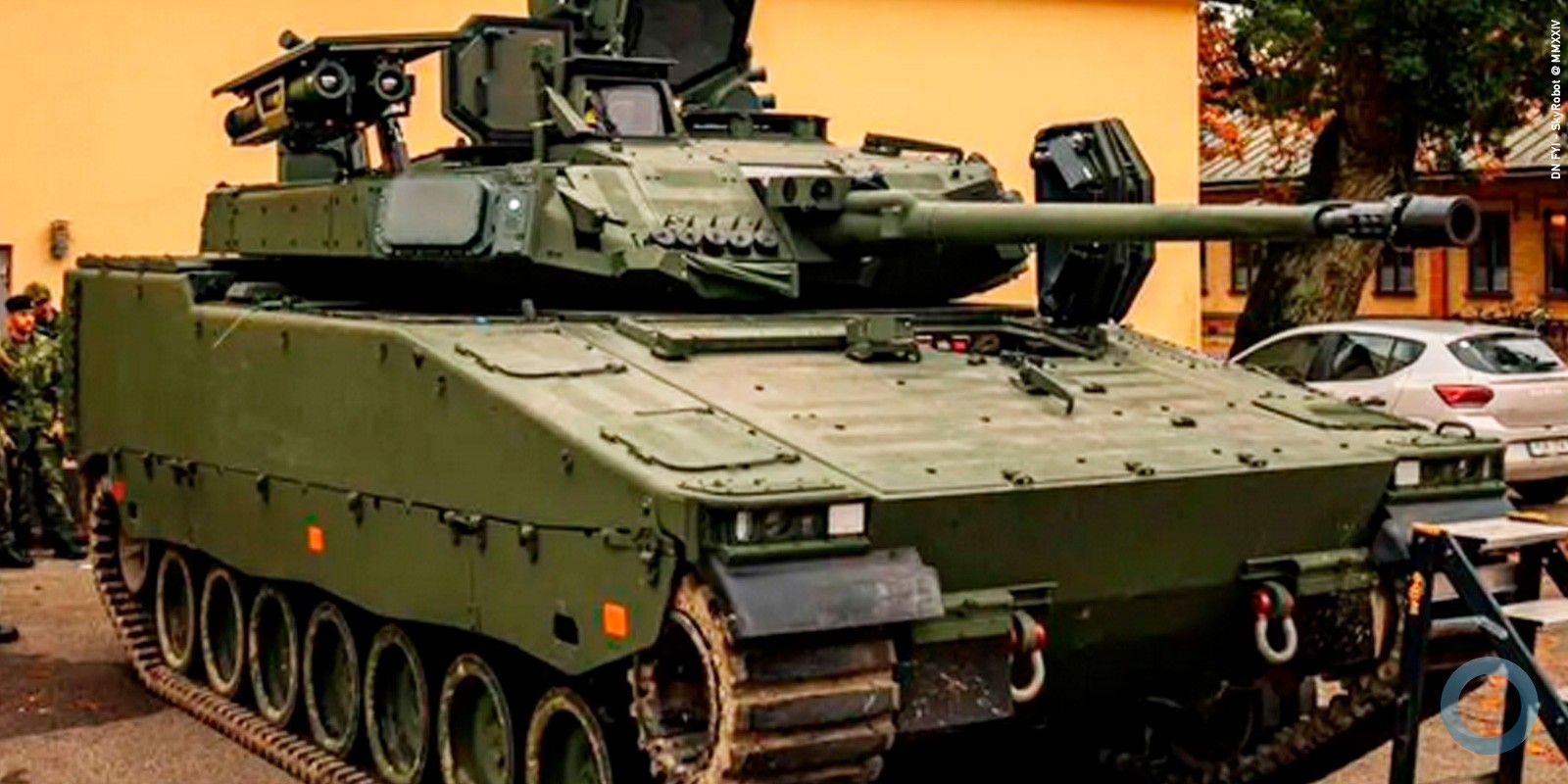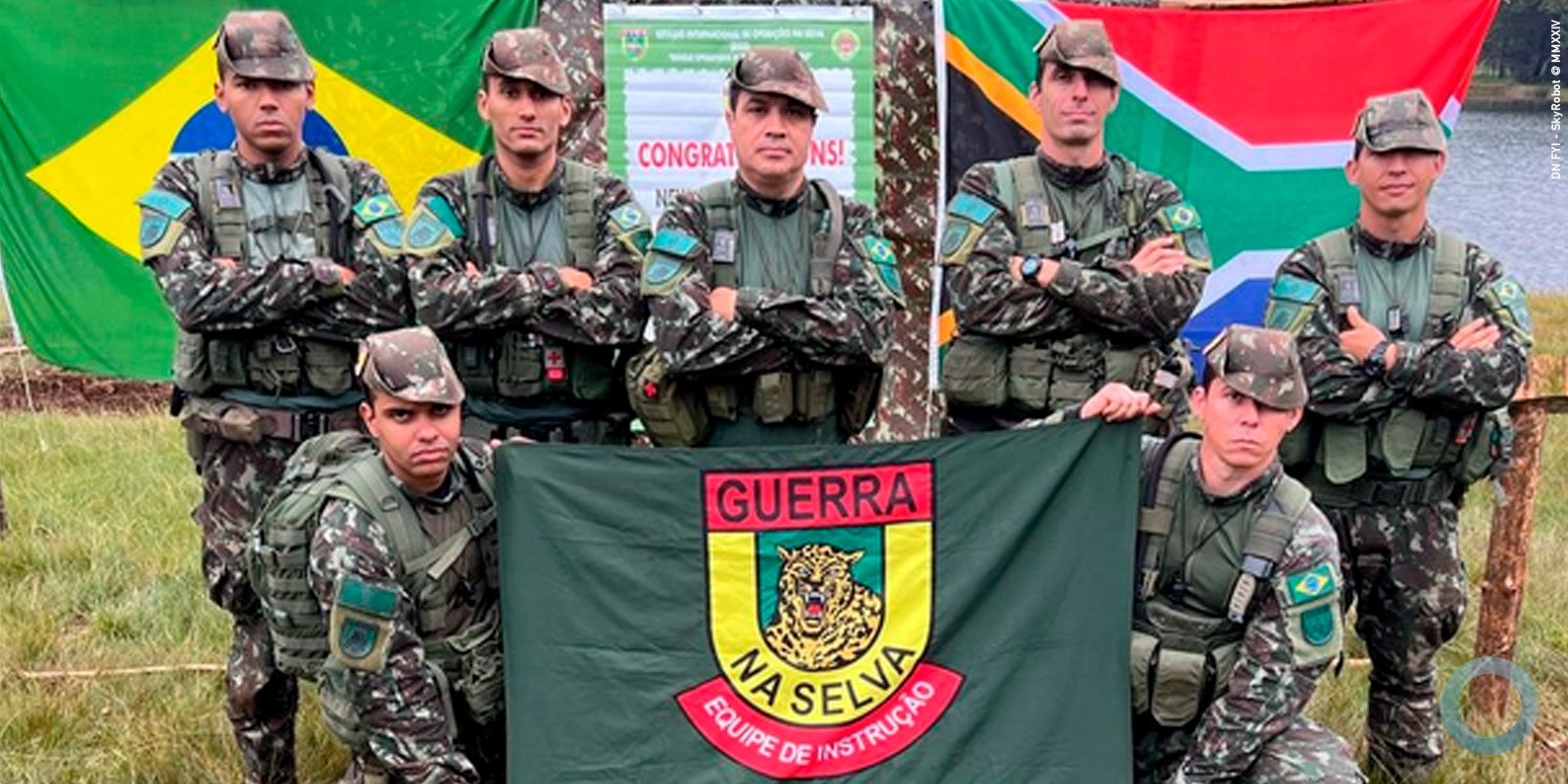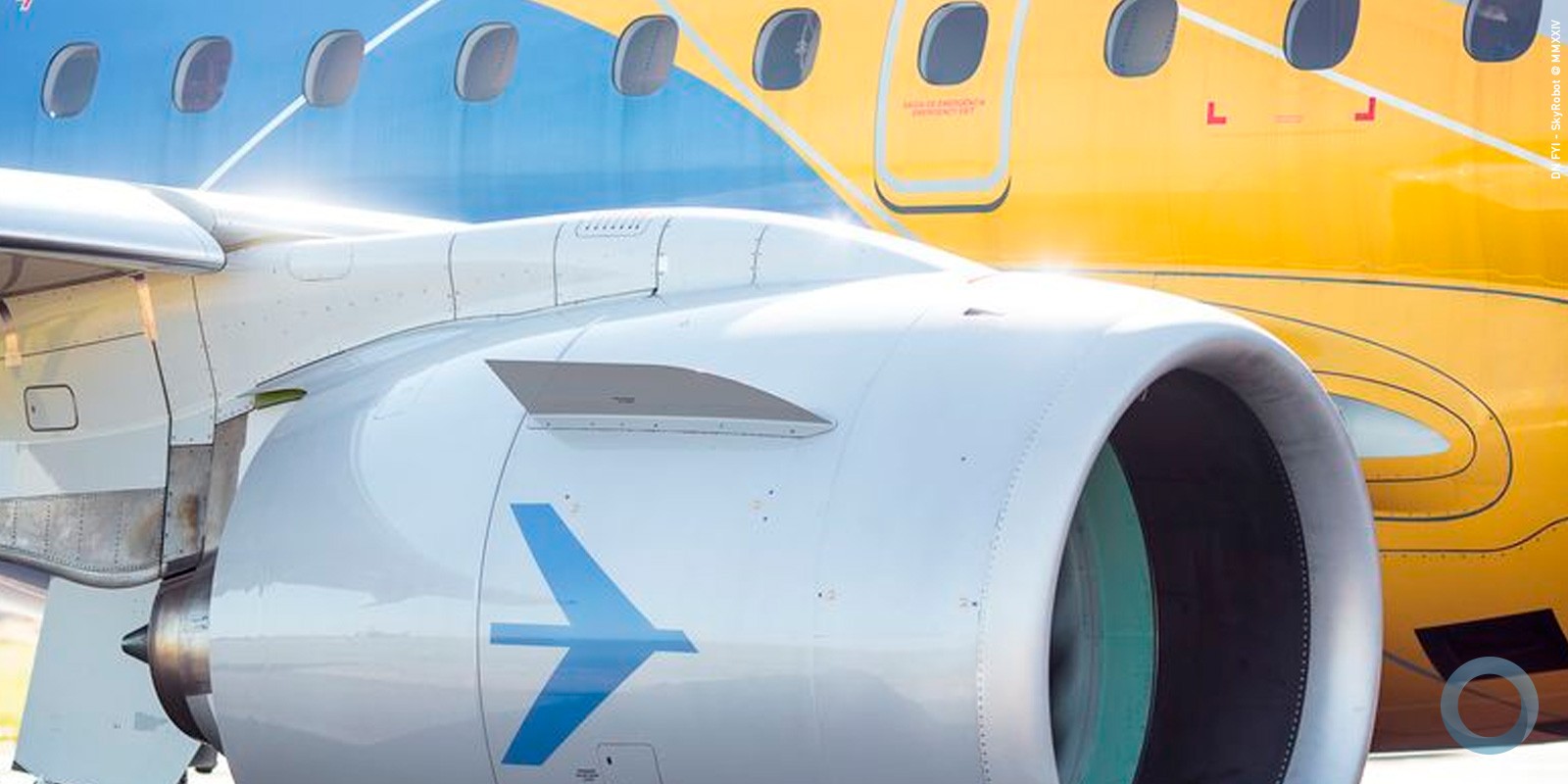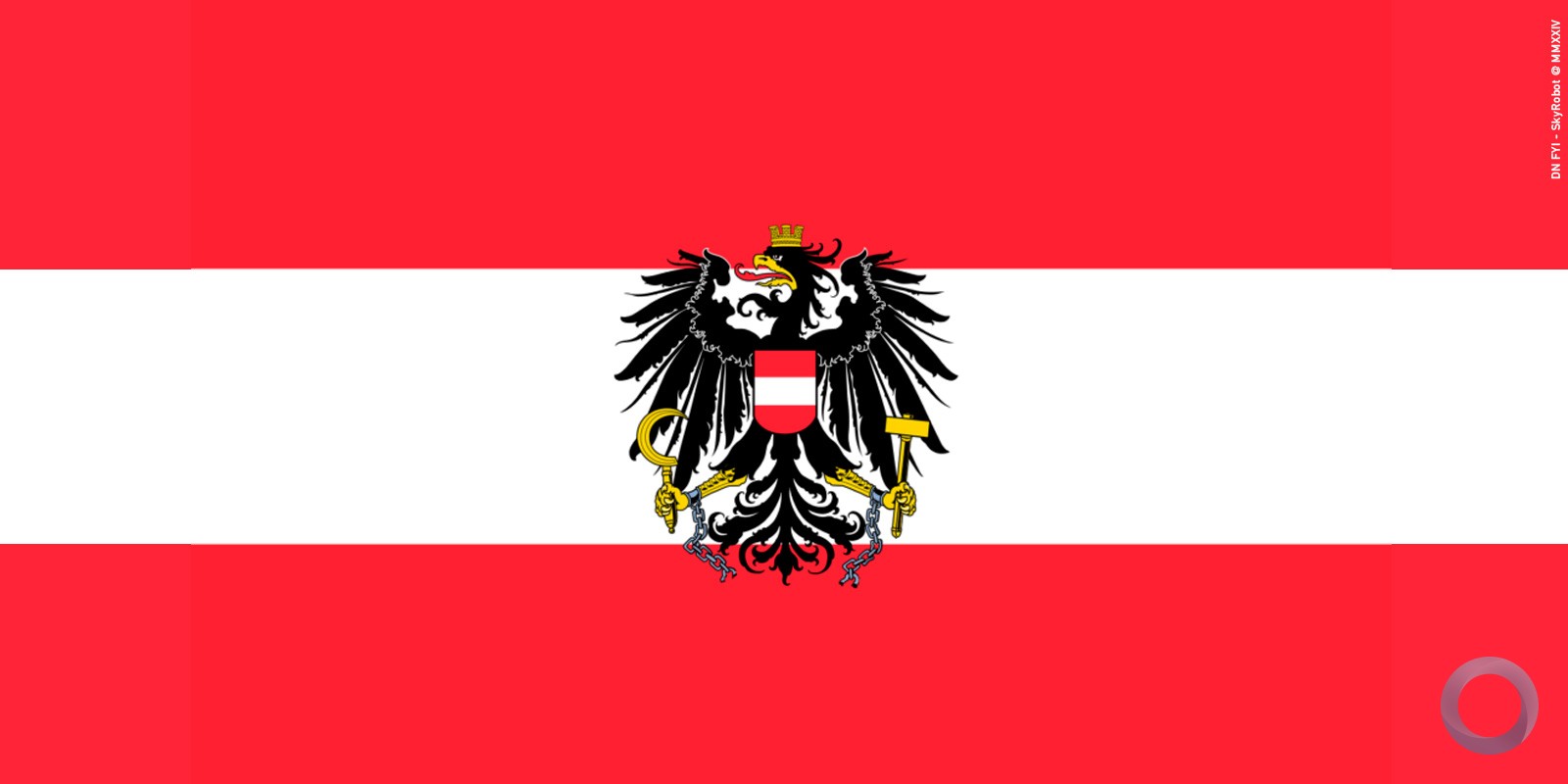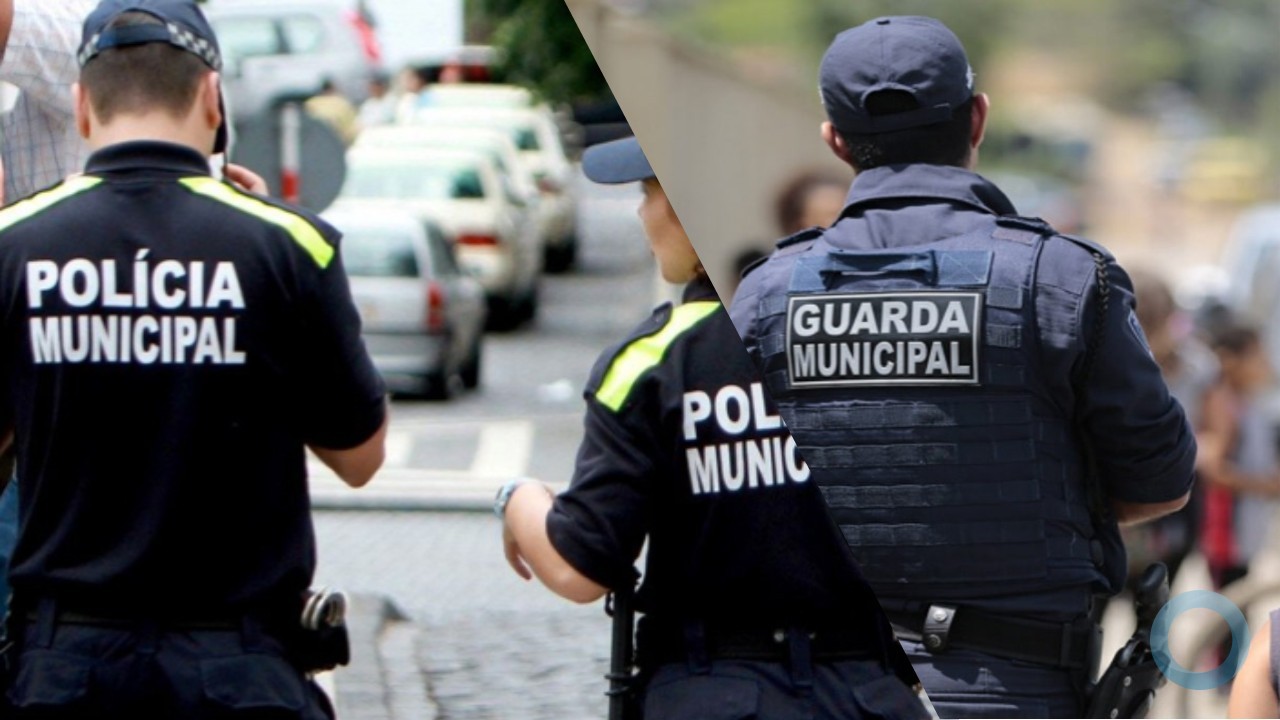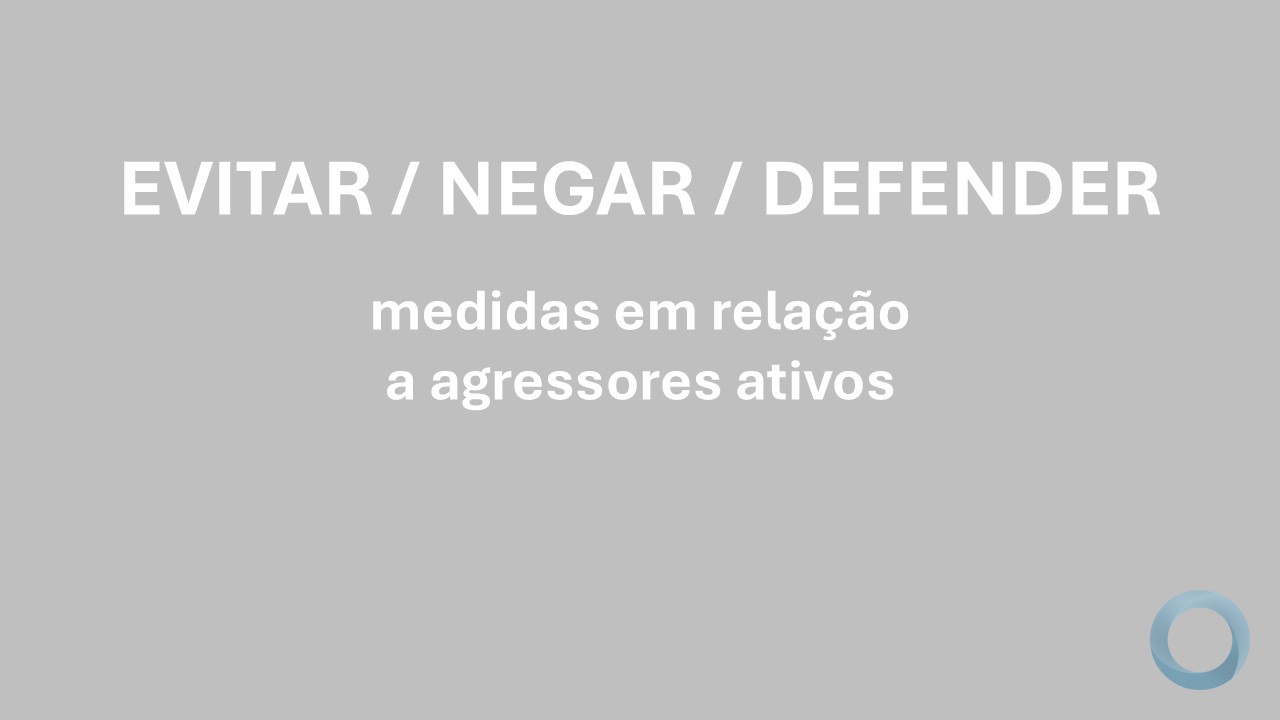Telephonic Press Briefing with Admiral Craig Faller, Commander, U.S. Southern Command
Special Briefing via Telephone
Admiral Craig S. Faller, Commander, U.S. Southern Command
April 17, 2020
Moderator: Greetings to everyone from the U.S. Department of State’s Media Hub of the Americas in Miami, Florida. I would like to welcome our participants who have dialed in from the United States and across the region.
This is an on-the-record briefing with Admiral Craig Faller, Commander of U.S. Southern Command, on the enhanced counternarcotics operations led by U.S. Southern Command. Admiral Faller will give opening remarks and then answer questions from participating journalists.
We are pleased to offer simultaneous interpretation in Spanish for this briefing. I would request everyone keep that in mind and speak slowly.
I will now turn it over to Admiral Faller.
Admiral Faller: Thank you very much, and buenas tardes to everybody. Good afternoon. Thank you for joining us. I’d particularly like to thank State Department for facilitating this, and your support in setting this up today. I would also like to recognize the State Department’s strong participation with the United States Southern Command, day in and day out, for the security of this hemisphere, our work with organizations like the International Narcotics Law Enforcement, INL, and others. And I would like to also recognize our partners at the Department of Justice, Department of Homeland Security, and across the U.S. interagency for the work that they are doing in our narcotics – counternarcotics operations.
I think it’s also important to recognize the environment that we’re in today, the COVID-19 environment, and so our priority mission at SOUTHCOM has been the health and safety of our workforce, and we balance that mission with the need to conduct our essential national defense missions, like counternarcotics. Many of our partner nations, all of our partner nations are focused keenly on COVID impact as well.
The threats to the Western hemisphere are persistent, and they’re real, characterized by a vicious circle of threats. We’re blessed to have democracies for the most part in this hemisphere, and the strength of the institutions in these democracies, the military forces that we partner with, the security forces, the forces that – police forces that INL and other U.S. agencies partner with, is key for these democracies to flourish and prosper.
The transnational criminal organizations that deal in drugs, weapons, trafficking in illegal – illicit people, it’s a $90 billion-per-year illicit organization. And they seek to undermine these democracies and our partner institutions for their own benefit.
Another part of this vicious circle that affects the security of the Western Hemisphere is external state actors and malign actors – malign actors like Cuba, Venezuela, Nicaragua, and Iran and others – external state actors that don’t share the democratic values, and they thrive on the instability created by transnational criminal organizations.
This drives a sense of urgency with which we must fight together on this national security threat. These transnational criminal organizations are undermining security in the United States and our partner nations, killing over 70,000 people per year just on the impacts of drugs alone in the United States.
And so it’s this national security threat that drives our operations. United States Southern Command, with Joint Interagency Task Force South in Key West, has been conducting counternarcotics missions for many years. Recently, based on a recognition of the threat, the President approved an increased level of forces for this mission. And I want to recognize that this mission was – predates the recent enhancement. We’ve enhanced our force levels with additional ships, both United States Navy and Coast Guard, helicopters, maritime patrol aircraft, other intelligence assets, and some land forces to work with our partners.
We intend to work in all domains. We think of domains as sea, air, land, space, cyber, and information, because the transnational criminal organizations, the narcoterrorists, operate in all domains as well. And we will work closely with our interagency partners in the United States, those I mentioned – State Department, Department of Justice, Department of Homeland Security, Coast Guard – and our partner nations. The success of this will be to the extent we work together.
Our partner nations, key partners like Colombia, Costa Rica, Panama, Guatemala, El Salvador, and others, directly participated and contributed to 50 percent of our interdictions last year, in 2019, and we intend to raise that figure this year. The contribution of partners matters and it saves lives.
I’d like to just talk about this enhanced counternarcotic operation in the context of Venezuela. Maduro and his cronies have been indicted as drug traffickers, and they profit enormously from illicit trade – a 50 percent increase in the illicit drug trafficking into and out of Venezuela in recent years.
That makes the narcotraffickers who work in and out of Venezuela a target for our disruption, dismantlement, and defeat operations like any other transnational criminal organization. There are no transnational criminal organizations that are exempt. But this operation is not specifically geared towards Maduro. It is geared towards the destabilizing effects of transnational criminal organizations.
The goal of this operation is to enhance security to save lives, not militarize the Caribbean or the Pacific and destabilize it. In fact, the United States Department of State has redoubled its diplomatic efforts under the framework for democratic transition. And the United States maintains and is fundamentally focused on the diplomatic transition to a legitimate democracy in Venezuela by using diplomatic and economic pressure. And the United States Southern Command has full support as part of the Department of Defense’s State Department efforts.
I look forward to your questions. Again, thanks for taking your time today to join us as we talk about this important topic.
Moderator: Thank you, Admiral Faller. We will now begin the question and answer portion of today’s call. We’ll start with an advanced question from Carolina Alvarez of El Mercurio in Chile.
Question: You touched on this, sir, in your opening remarks about the role of Venezuela and in drug trafficking, and President Maduro. “How important or how high is the threat from drug trafficking from Venezuela nowadays, and could you share some results from this operation thus far?”
Admiral Faller: The volume of illicit drug trafficking out of Venezuela has significantly increased, a 50 percent increase in the last few years, so significant increase both coming out of Venezuela by air and by sea, and we know that Maduro and his cronies are profiting from that.
We have had successes. We have some recent successes that was an international operation where a motor vessel that was Russian-owned made a port call, and we knew there was drugs being loaded off of Venezuela and that it was a joint operation between the Netherlands and Colombia, and the U.S. had involvement in that operation, that seized 5.4 metric tons – motor vessel Aressa.
And so we continue to look for ways to put pressure on those networks that will take illicit financing out of the pockets of Maduro. And I think I just would be remiss if I didn’t recognize the abject suffering that the Maduro regime and his cronies have put on their people when they can’t get a – we can’t all of us come together to get a legitimate democracy in Venezuela soon eno
Moderator: Our next question comes from Nora Gamez of Miami Herald.
Question: [Inaudible] …the official told Newsweek that the U.S. intelligence community has evidence that Maduro is trafficking drugs using – and that’s a quote – naval vessels between Venezuela and Cuba. Is there any evidence that the Cuban Government might be involved in the drug trafficking linked to the Maduro regime?
And a quick one, if I may. Attorney General Barr referred to an air bridge between Colombia, Venezuela, and Central America. Can you say how the maritime route in the Caribbean and this air bridge route compare in terms of the cocaine that is being shipped out of Venezuela?
Admiral Faller: Well, certainly the connection between the illegitimate Maduro regime and Cuba is strong and thick, thick as ticks, and Maduro owes his position in power to the Cuban influence, and it surrounds him. His presidential guard is primarily Cuban; the intelligence service is completely infiltrated by Cubans. So, at the end of the day, as Special Representative Abrams has stated, Maduro must go and the Cubans must be out. And their influence is strong, so there’s a strong connection between the Maduro government and Cuba, and by propping up the Maduro regime, Cubans have supported the illicit activities that Maduro is involved in, undoubtedly.
The volume of illicit trafficking out of Venezuela by air and sea is significant, particularly in the air, and that those routes run right into Central America and then the products end up in the streets of the United States. So, very destabilizing, and we’re focused on sharing intelligence with our partners. The fundamental to any operation is intelligence-sharing. This is where the partners come in to play. Their knowledge of what’s happening on the ground, in the air, in cyber, and on the seas is invaluable to us. So we share that information with trusted partners, we share that information with our interagency partners, and that’s really important as we go forward to better understanding how to dismantle, disrupt, and defeat.
Ultimately, we want to put so much pressure on these transnational criminal organizations, we defeat them and we take the illicit financing out of the pockets of people like Maduro, out of the pockets of the cartels, and that denies them the ability to destabilize governments, and the region, and to kill people on the streets of the United States and in our partner nations.
Moderator: Our next question comes from Shane Superville of Trinidad and Tobago newspaper.
Question: Hi, good afternoon, Admiral Faller. Shane Superville from the Newsday newspaper here. How are you?
Admiral Faller: Very good. Good to hear your voice.
Question: Yeah, I just have one quick question. My country, Trinidad and Tobago, is located just off the coast of Venezuela. In fact, it’s just a three-hour flight from Caracas to our capital, Port of Spain. I just wanted to know the presence of this military contingency in the region. Can you anticipate how and if it will affect T&T, and if so, in what way?
Admiral Faller: I’d like to just comment on our strong relationship with Trinidad and Tobago defense forces. My first visit as Commander of the United States Southern Command was to Trinidad and Tobago, where the chief of defense at the time, Admiral Hayden Pritchard, hosted – co-hosted our Caribbean Security Conference. And we talked about the threat that transnational criminal organizations, the threat that they pose to the stability and security of the hemisphere and the Caribbean basin.
So this operation is enhanced, and we chose the word “enhanced” very carefully to indicate that we’ve been conducting counternarcotic operations to dismantle, disrupt, defeat the scourge of transnational criminal organizations, but we need to do so more effectively, and key to that, sir, is working with our good partners like Trinidad and Tobago. We do that through the organizations like Joint Interagency Task Force South, where your nation has a representative to share intelligence.
And so I like to think of this as applying the right level of forces and the right level of intelligence-gathering and the right combination of assets in order to make a difference for all of us. And so we have been and will continue to be very transparent with our key partners about what our intentions are and where the forces will be, and we’re all in this together as we fight back the scourge of transnational criminal organizations.
Moderator: Our next question comes from David Alandete of ABC News of Spain.
Question: Yes, thank you. I wanted to ask you if – the Treasury Department and the White House and the government have been very clear with the ties of the Maduro regime to several narcotic and drug trafficking operations in Central America and Mexico. Some of these may be related to trade for oil, and I wanted to ask you if the U.S. armed forces are able and willing, and if it’s within the scope of this mission that they have in the Caribbean, to prevent transfers of oil that are of gasoline, diesel, other fuels, that according to the U.S. sanctions the Maduro regime should not be getting, and that could be used for money laundering and payments for this type of drug trafficking groups. Thank you very much.
Admiral Faller: Thank you for the question. Our strategy and policy with Venezuela in the U.S. government continues to be diplomatic and economic pressure. Diplomatic pressure is international. As you know, 58 [inaudible] have joined together in support of a democratic transition, and the pressure economically has been primarily through sanctions. And so we’re in support of that, the Department of Defense, and our efforts have been focused in intelligence-sharing with our best partners like Brazil and Colombia so that we can best know the situation inside Venezuela.
Our efforts using our forces have been focused on counter-transnational criminal organizations, the counternarcotics mission, and dismantling these networks, and that’s where we’ll continue to focus. The sanctions on oil and the sanctions on other aspects of the Maduro regime have been all about applying economic pressure, not military pressure, and that’s the path ahead.
Moderator: Our next question was submitted by Kiran Maharaj of Caribbean Investigative Journalism Network. The question is, “Are CARICOM member countries part of the partnership for the counternarcotics efforts, and how satisfied are you with the support given by CARICOM?”
Admiral Faller: Well, we work with the Caribbean nations in a number of different ways. Many of those nations have a partner representative in Joint Interagency Task Force South. We carefully work memorandums of understanding to ensure those relationships are mutually beneficial for a partner nation and for the United States, and that’s fundamentally geared at sharing information and intelligence. Intelligence drives all of our operations. That’s our principal mechanism for working together for the security side of the counternarcotics, counter-transnational criminal organization mission set.
We also work with our Caribbean partner nations other ways. One of those is through security conferences and the sharing that goes on there, and when we have those conferences, important players are represented there from the – both the Caribbean nations and from the organizations like CARICOM IMPACS, CDEMA, and RSS. We further work on practical information-sharing agreements and table-top exercises. One of our principal ways of working together for the threats that we face – and these threats include the transnational criminal organizations, they also include humanitarian assistance, disaster, for the threat of hurricanes, or earthquakes, or volcanos – we work on how to best respond to those types of disasters through our annual exercise program, exercises like Tradewinds, where we bring nations together and talk about – and then go out and talk about how to best respond, and then actually go out and practice on how best to respond.
The current crisis, the COVID crisis, is an example. We’re using our bilateral relationships and some of our existing mechanisms to discuss best ways to work together in this current environment and how to continue to help one another in the security realm. I think it’s a very, very collaborative relationship, and I also work closely with our Department of State.
Last April, the State Department in the United States hosted a Caribbean Resilience Conference initiative here, and launched it here at our headquarters. They used it as the venue where foreign ministers and ministers of security from the Caribbean nations came together to define tangible, practical steps on how to move forward.
Earlier this week, some of you may have seen our tweet where we talked about the phone call that State Department – United States Department of State hosted, Ambassador Kozak, our Acting Secretary for Western Hemisphere hosted, to talk with Caribbean leaders about the enhanced counternarcotics mission, and I was delighted and pleased, and I thank the State Department for allowing me to participate in that and explain why we were conducting this mission and how everyone could contribute to it.
Moderator: Our next question is from Emmanuel Villalobos of TV Venezuela Network.
Question: Thank you, Namita. Good afternoon, Mr. Faller, and thanks for having us. If the USA does not recognize the Maduro government, and the Department of Justice is looking for him and 14 people of the regime for drug terrorism, it is sufficient that the sponsorship of President Juan Guaidó to this operation to allow you to enter Venezuelan territory if it is required in the Orion V movement?
Admiral Faller: I’m not sure I understood the last part of your question.
Question: The question is if it’s sufficient the sponsorship of the support of the President Juan Guaidó to this operation, to the Orion V operation, to allow you to enter Venezuelan territory if it’s required in any moment?
Admiral Faller: Well, your question is a policy question, one that I would refer to Department of State and others. I – my job, my focus is on our mission, and that is in support of State Department efforts for economic and diplomatic pressure. We do that principally, as I mentioned, through intelligence-sharing with our best partners – Brazil, Colombia, their professional security forces. We do that by planning. We have a significant day-after planning effort here at SOUTHCOM working with other partner nations and our Department of State so that we would be ready for the kinds of assistance that might be required in a post-Maduro environment. And the professionals that – the professionals that remain in the Venezuelan military and the Venezuelan people, for us, they can’t get there fast enough and they deserve the type of environment where they can work and train with likeminded democracies.
And so we’re focused on that day to be ahead of it. It’s – we know it will happen.
Moderator: Our next question – our next question is from Daniel Benitez of AmericaTeVe.
Question: Thank you, Admiral, for this opportunity and thank you for the work you’re doing. Do you have at SOUTHCOM any evidence that Cuban regime is trafficking drugs with the Venezuelan regime?
Admiral Faller: So as I stated, the relationship between Cuba and Venezuela is extremely close, and there are thousands of – excuse me, thousands of Cubans in Venezuela supporting the Maduro regime: the intelligence services, the protective services. And so the extent to which Maduro owes his survival to his Cuban patronage is clear and unambiguous, and so undoubtedly Cuba is aware of the illicit activities that Maduro is conducting through narcotrafficking, through mining, through the myriad of ineffective state-run enterprises that steal from the Venezuelan people. So there’s just no way that there’s not a connection in all respects.
As to the specifics of the intelligence, I’m not going to reveal the details. That would be classified in nature. But as Special Representative Abrams has stated, Maduro must go and the Cubans are a key piece of making that happen.
Moderator: Our next question is from Stefano Pozzebon of CNN International.
Question: Thank you very much. Good afternoon. Admiral, thank you for speaking with us. I just have a few questions. In your briefing, you said there are several malign actors that are active in the Caribbean including Cuba, Venezuela, Nicaragua, but most specifically Iran. Does Southern Command have [inaudible] of the presence of Iran [inaudible] of the United Nations [inaudible] Iran active in the Caribbean and profiting from drug trafficking in this part of the world?
Admiral Faller: Let me make sure – you were a little broken. I’m going to repeat back what I think the question is and then I’ll pause if you want to correct it, and then I’ll answer it. I think the question is – it’s about malign state actors and has to do with Iran, and the question is: Do we have evidence that Iran is involved in narcotrafficking, and then particularly with respect to Venezuela?
Question: Correct, exactly. Correct. Thank you very much.
Admiral Faller: So I’m going to broaden the answer a bit to note that Iran is the largest state sponsor of terrorism worldwide, and the long arm of Iranian malfeasance is felt everywhere around the world and we see it day in and day out with the misery that their terrorism-supporting government deals on places like Yemen and in Syria and elsewhere. So, to set the conditions that with Iran anything is possible. We know there are significant – Iran’s surrogate, Lebanese Hizballah, has significant connections to this region of the world, both through the diaspora and through financial connections.
We know that there’s been past evidence of active plotting that ties back to Iran that has, unfortunately, left people dead in Argentina and elsewhere. We know that in recent times there’s been an uptick in Iranian activities, to include Quds Force, in Venezuela. And so we continue to watch closely any Iranian malign activity and the connections to all the other instability and insecurity that we see. And so you have to ask yourself, well, is it in Iran’s interests to operate inside Venezuela? So we continue to focus on this.
I won’t comment specifically on the forms or methods by which Iran receives its funding or the specifics of the illicit activity that they’re involved in.
Moderator: Our next question comes from Carla Angola of EVTV.
Question: Thank you so much and good afternoon. This operation looks like a clear advance against the Maduro cartel because he was the only name mentioned by the White House when the Caribbean operation was announced. President Trump said that the military operation will continue until they neutralize, or you neutralize, the narcoterrorists. Please, can you explain what that means exactly? And if this operation, in addition to seizing illegal drugs, seeks to capture Nicolas Maduro, will there be boots on the ground at some point, sir? And what would happen if Venezuelan regime and its allies – Hizballah, Tehran, guerillas – respond aggressively to the presence of the United States on this Caribbean operation? Thank you.
Admiral Faller: I want to focus on the fact that under President Trump’s leadership, we have sustained our operations against narcotraffickers. So this is not something new that started on 1 April. We’ve been committed to going after this threat. But the difference is that we have increased the number of assets devoted to this, so more ships, more helicopters, more planes, more intelligence, and greater partner involvement. And key partners like Colombia have stepped up. The Colombians are hosting Operation Orion V in parallel with our operations. So despite the challenges of COVID, where many nations are focused inward, Colombia continues to focus outward.
So the narcotrafficking organizations are broad. They control territory from Mexico south, and we’re aiming to neutralize, disrupt, and ultimately destroy these networks. And so to the extent to which they operate in and out of Venezuela, which is essentially ungoverned space – the Maduro regime has allowed this to happen – we intend to neutralize those narcotrafficking networks.
As I said at the outset, this operation is not specifically aimed at Maduro, but Maduro is complicit and involved in narcotrafficking, and the indictment happened, and Maduro should look around and see who his friends are, and I think he can count them that he has very few.
Moderator: Our next question is from Lucia Leal of EFE.
Question: Okay, great. Can you please provide an approximate number of how many ships do you have right now in the Caribbean? And secondly, if I may, you’ve said that this operation is not focused on Maduro. Could you guarantee that this is not a prelude to U.S. military action against Venezuela? Thank you.
Admiral Faller: So the threat of narcotrafficking is – it’s a scourge in the whole hemisphere, and the – we are putting pressure with our partners on all aspects of this: from the source, where it’s cultivated, to the street where it kills people, and all aspects – so that’s financing, that’s in cyber, that’s in information, that’s on the sea, in the air, on the land. So it’s all-domain pressure, and it’s not just the Caribbean. A significant volume of this trafficking happens in the Eastern Pacific. And so the increase in force levels is significant, some 60 to 75 percent increase in force levels, depending on whether it’s sea or air.
I won’t speak to specific numbers of assets or specifically where we’ve positioned the assets because that would be revealing to the enemy, the narcoterrorists, these transnational criminal organizations that are just truly evil, heinous organizations that are killing people – that would speak to – would allow them to know where we’re going to operate and with how much force, and we’re not going to do that. We’re not going to tell the enemy what we’re up to.
But I would say, again, this is focused on those transnational criminal organizations. Maduro makes money off this. So yes, it is putting pressure on Maduro, but it is not designed to militarize the Caribbean nor is it designed to be an invasion force.
Moderator: We have time for one last question, and that last question goes to Gabriela Perozo of VPI TV.
Question: Thank you so much. Thank you, Namita, and thank you, Admiral. In this particular operation, are there DEA agents being deployed? And there have been reports that a ship from Curacao was intercepted by your team this week. Can you confirm this report or do you know about other interceptions coming from Venezuela? Thank you.
Admiral Faller: Well, this is – look, the success of this operation depends on teamwork, and that teamwork depends on really great partners like the DEA, the Department of Justice, from district attorneys who prosecute in our strong court systems here in the United States, to our State Department INL partners. So we’re all working together on this, rest assured, and that’s how it’s going to make a difference, as well as working with partner nation law enforcement entities and security forces as well.
We’ve had some early successes. In the Pacific just last week, our U.S. Coast Guard intercepted a fishing boat, and along with a partner ship from Costa Rica and some of our air surveillance, we had a significant bust – about 1,700 pounds, or 1,700 kilograms, and that was a big, early success. Just a few days ago we had another disruption of over – about 2,000 kilograms, so almost $40 million of street value. And we’ve had success, importantly, in tracking and mapping and gathering intelligence about where these networks are operating. That includes from Venezuela and from the other transit points in the hemisphere.
I think it’s important to note that the Colombians have stepped up and put more pressure internally and externally on networks, and these threats have figured out that there’s no pressure being applied in Venezuela, which is one of the reasons they’ve found that a very inviting place from which to operate.
So thank you for your question. There has been early success and partners have been key in that.
Moderator: That concludes today’s call. I want to thank Admiral Faller for joining us and thank all of our callers for participating.
Admiral Faller: — your shtick there. Okay. Yeah, I just wanted to say, too, that it’s important that we’ve – as we’ve moved forward, when we planned this operation and when the President approved this operation, this was before the world was rapidly engulfed in the COVID crisis. So this all predates the daily focus in, the hourly – the constant focus that I know each one of you and every one of our families is a top concern. And so this happened then and it’s a regular fact that we move forward with the operation, enhance the ongoing operations; it’s a recognition of the seriousness of this threat to the national security of the United States and our partners, and we continue to balance those priorities, the priorities of our force health protection, protection of our service men and women, civilians and their families, and those forces that are deployed and conducting these operations, as well as the necessity to keep the pressure on these ops. It’s been priority number one. And the Department of Defense has been leaning forward from the beginning, and I’m very grateful to the clear guidance that we’ve received from Secretary of Defense Esper on how to meet the challenges of COVID very early on and the constant and clear command and feedback that he and General Milley have exhibited on our forces.
So I sometimes scratch my head when I read press reports that the Department of Defense is not aligned. We’re extremely aligned and we’re extremely focused on ensuring that our central mission – to protect and defend the United States – is carried out while carrying out the absolute necessity of protecting our most valuable asset, our people.
Thanks for your time today.
Moderator: Thank you, sir. And thank you again to all our callers for participating. If you have any questions about today’s call, you may contact the Miami Media Hub at MiamiHub@state.gov. Information on how to access the English recording of this call will be provided by AT&T shortly. Thank you and have a good day.





